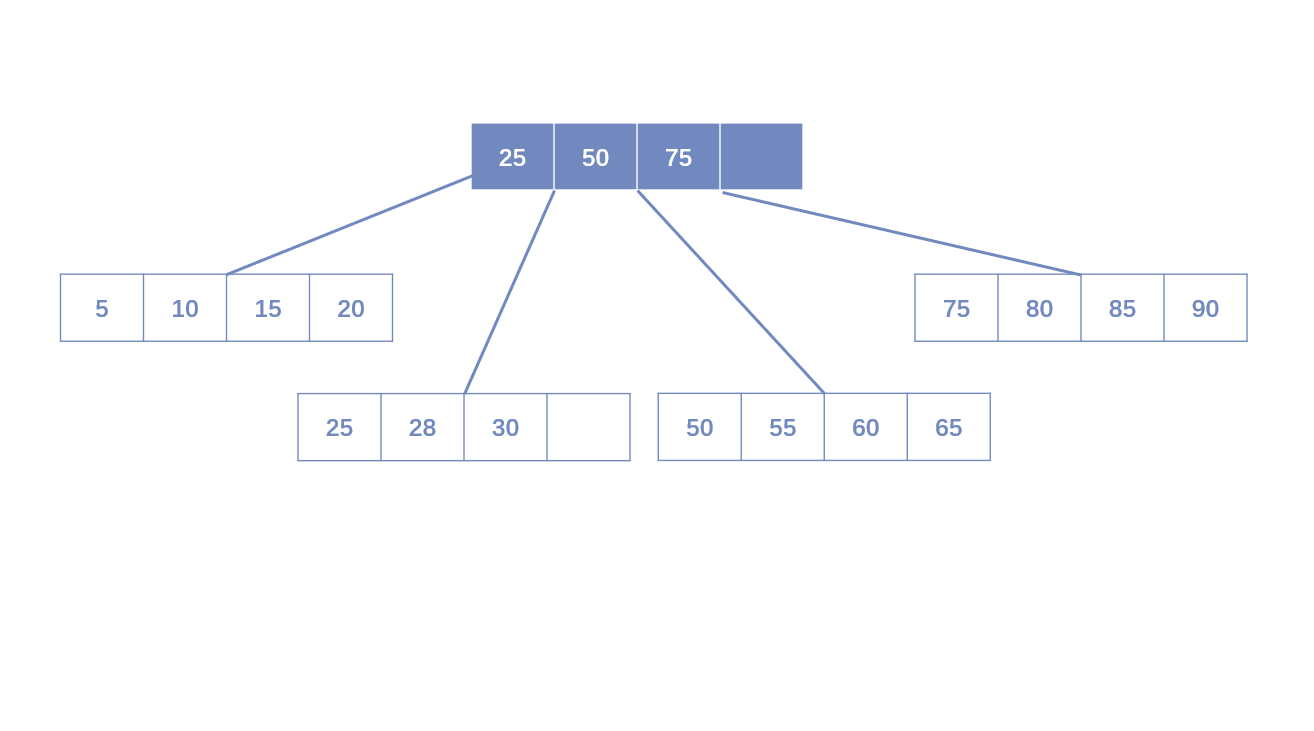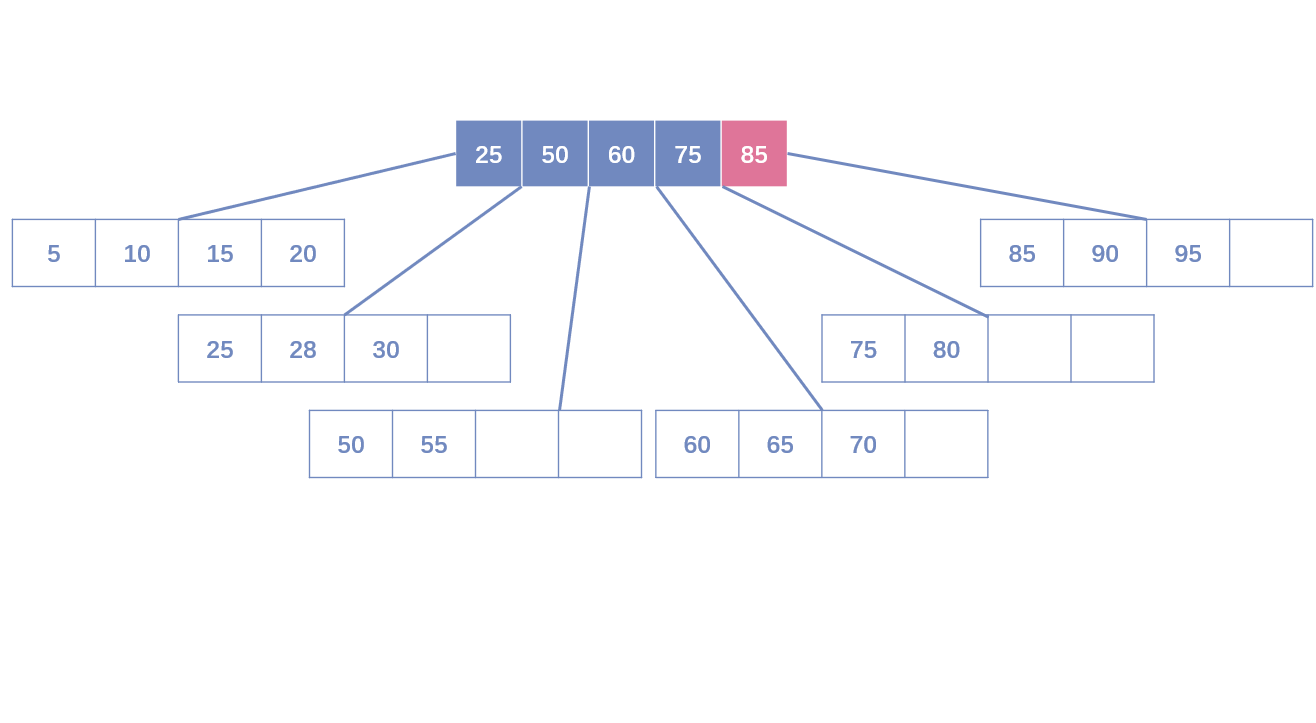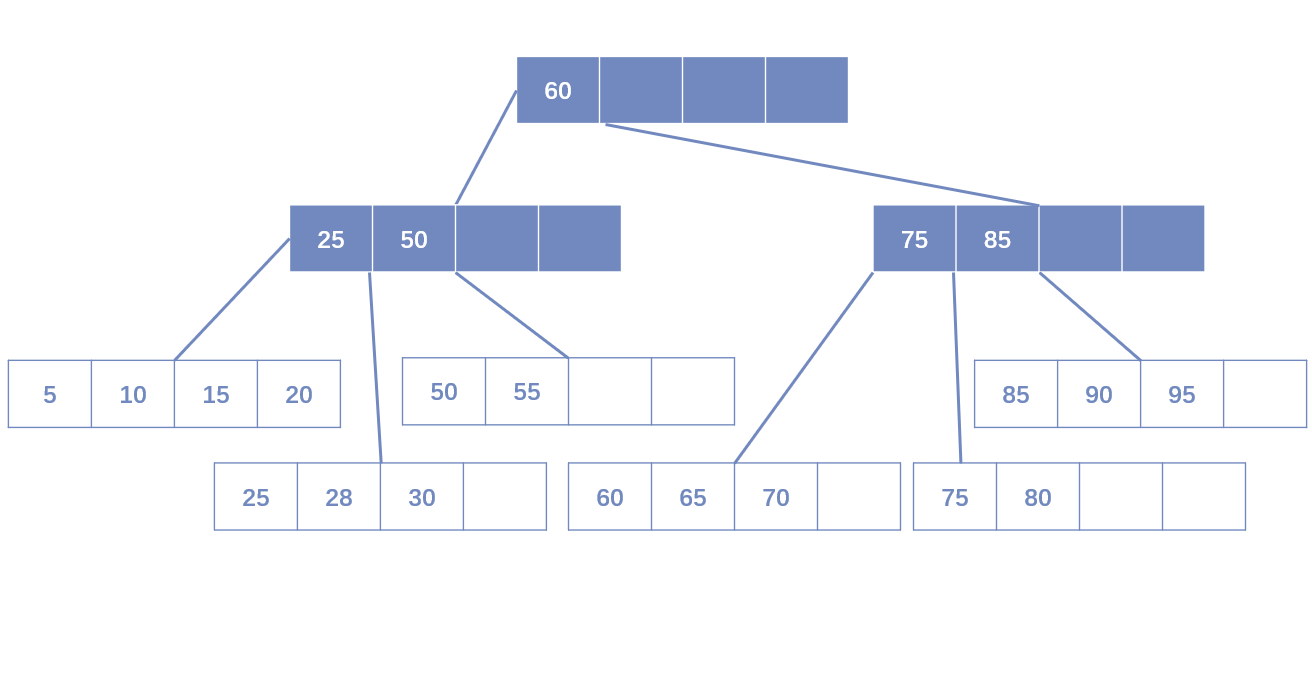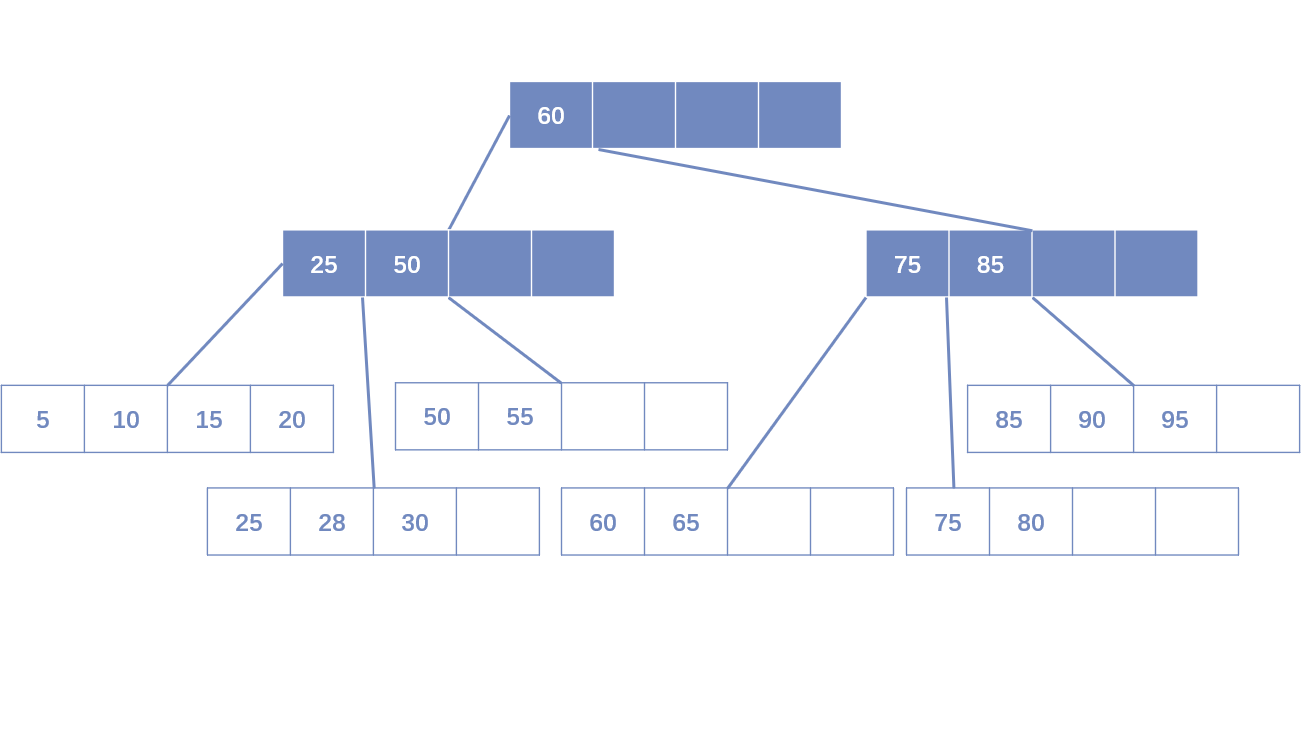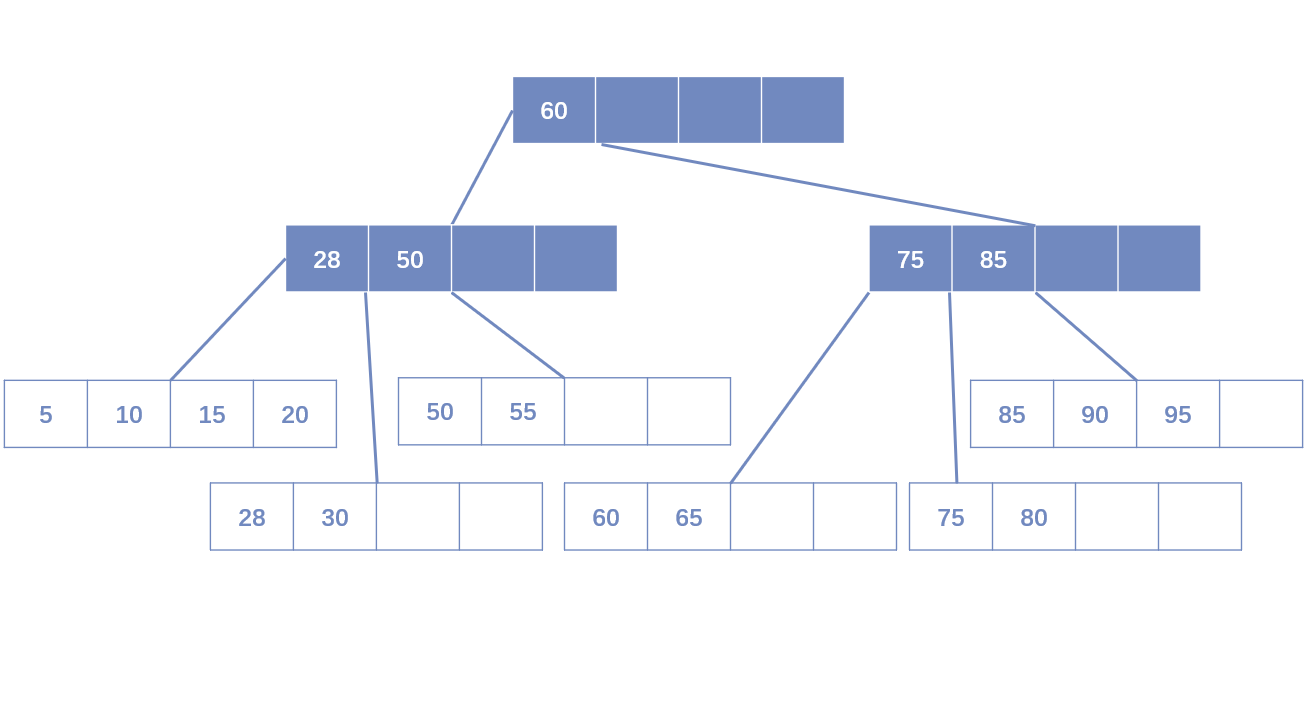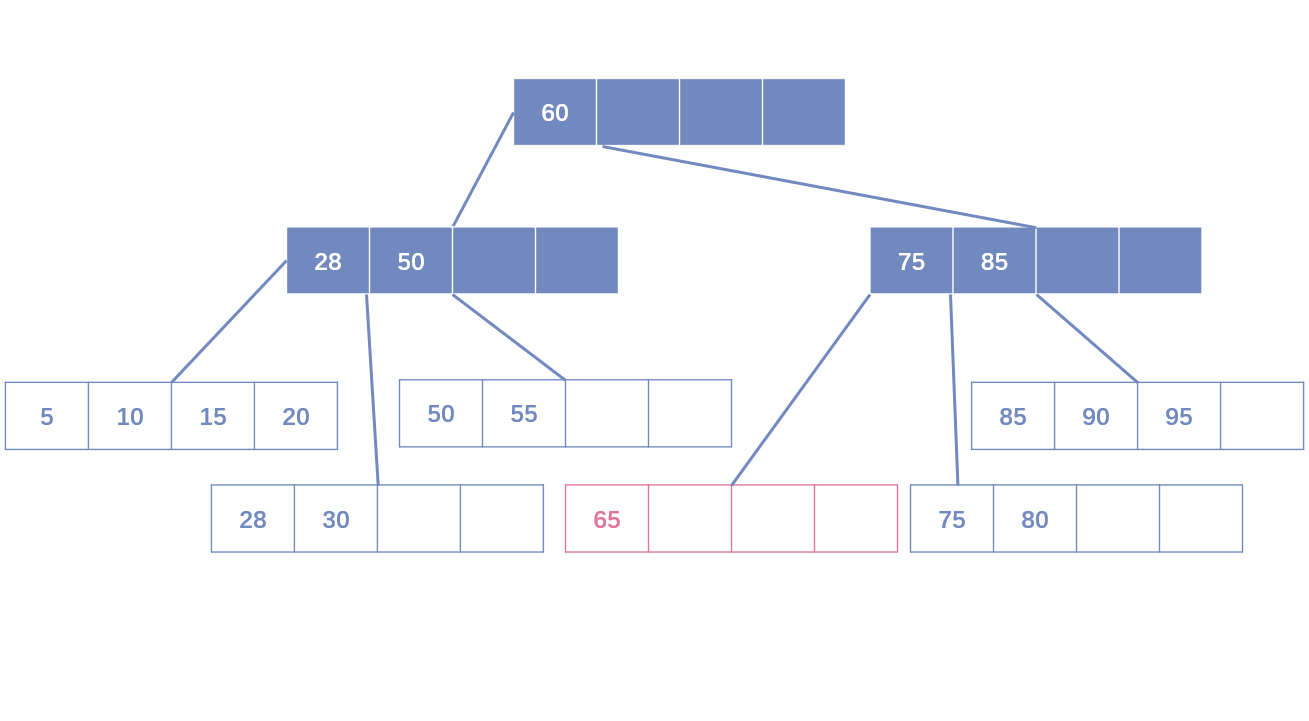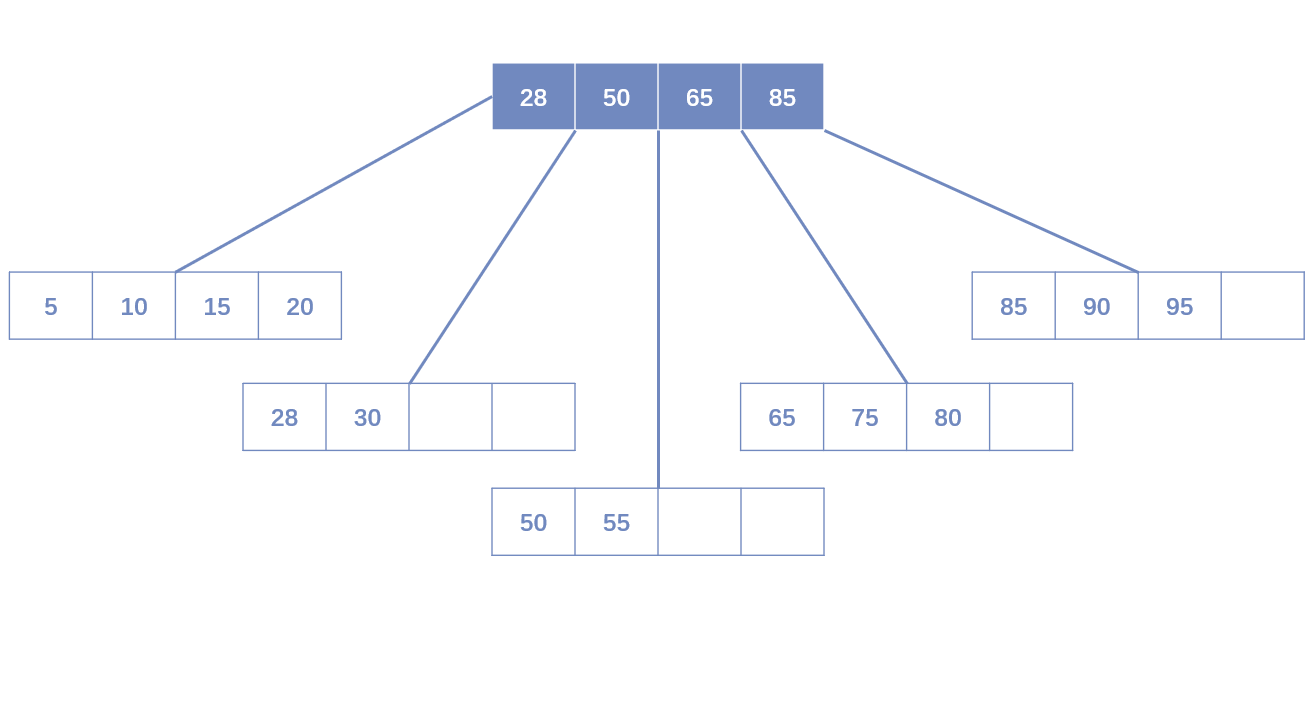面向对象和函数式编程的混合:Java 8和Scala的比较
Java 与 Scala的混合编程
参考。使用Maven生成项目,pom.xml文件如下:
<?xml version="1.0" encoding="UTF-8"?>
<project xmlns="http://maven.apache.org/POM/4.0.0"
xmlns:xsi="http://www.w3.org/2001/XMLSchema-instance"
xsi:schemaLocation="http://maven.apache.org/POM/4.0.0 http://maven.apache.org/xsd/maven-4.0.0.xsd">
<modelVersion>4.0.0</modelVersion>
<groupId>org.bigmt</groupId>
<artifactId>mjns</artifactId>
<version>1.0-SNAPSHOT</version>
<properties>
<project.build.sourceEncoding>UTF-8</project.build.sourceEncoding>
<java.version>11</java.version>
<maven.compiler.source>11</maven.compiler.source>
<maven.compiler.target>${maven.compiler.source}</maven.compiler.target>
</properties>
<dependencies>
<dependency>
<groupId>org.scala-lang</groupId>
<artifactId>scala-library</artifactId>
<version>2.13.0</version>
</dependency>
<dependency>
<groupId>org.scala-lang</groupId>
<artifactId>scala-compiler</artifactId>
<version>2.13.0</version>
</dependency>
<dependency>
<groupId>org.scala-lang</groupId>
<artifactId>scala-reflect</artifactId>
<version>2.13.0</version>
</dependency>
</dependencies>
<build>
<plugins>
<plugin>
<groupId>org.apache.maven.plugins</groupId>
<artifactId>maven-compiler-plugin</artifactId>
<version>3.8.0</version>
<configuration>
<release>11</release>
</configuration>
</plugin>
<plugin>
<groupId>org.scala-tools</groupId>
<artifactId>maven-scala-plugin</artifactId>
<version>2.15.2</version>
<executions>
<execution>
<goals>
<goal>compile</goal>
<goal>testCompile</goal>
</goals>
</execution>
</executions>
</plugin>
</plugins>
</build>
</project>
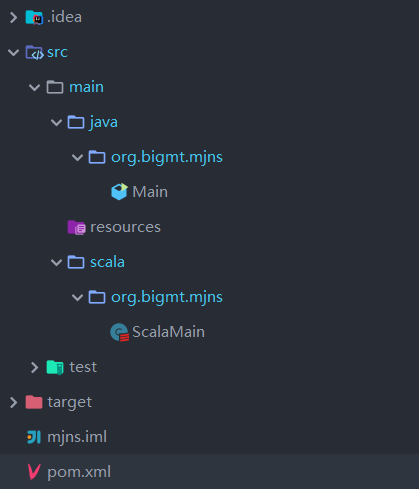
package org.bigmt.mjns;
public class Main {
public static void main(String[] args) {
ScalaMain scalaMain = new ScalaMain();
scalaMain.entry();
}
}
package org.bigmt.mjns
class ScalaMain {
def entry(): Unit = {
var n: Int = 2
while (n <= 6) {
println(s"Hello ${n} bottles of beer")
n += 1
}
}
}
Scala简介
你好,啤酒
2 to 6 foreach {n => println(s"Hello ${n} bottles of beer")}
IntStream.rangeClosed(2, 6)
.forEach(n -> System.out.println("Hello " + n + " bottles of beer"));
基础数据结构
创建集合
val authorsToAge = Map("Raoul" -> 23, "Mario" -> 40, "Alan" ->53)
val authors = List("Raoul", "Mario", "Alan")
val numbers = Set(1, 1, 2, 3, 5, 8)
不可变
- Scala中不可变的集合是持久化的,更新一个Scala集合会生成一个新的集合,这个新的集合和之前版本的集合共享大部分内容,最终的结果是数据尽可能地实现了持久化。
val numbers = Set(2, 5, 3)
val newNumbers = numbers + 8
println(numbers)
println(newNumbers)
使用集合
val fileLine = List("test", "test for scala", "no vac", "yeeeeeeees man")
val linesLongUpper = fileLine.par.filter(_.length() > 10).map(_.toUpperCase())
println(linesLongUpper)

